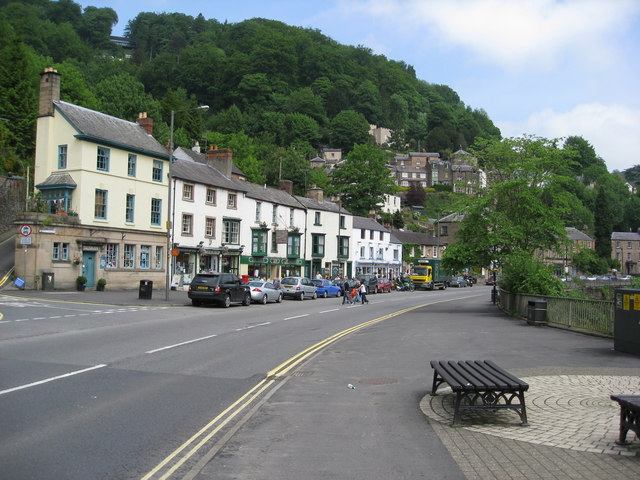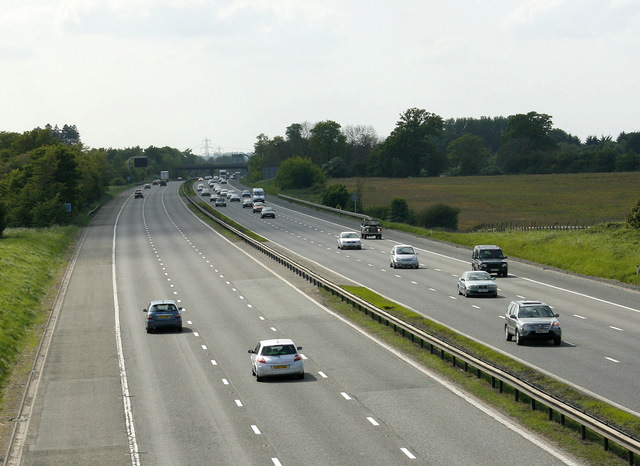Motorhome traffic rules and parking restrictions
Learn your motorhome traffic rules
One of the first things that I did when I first started driving a motorhome was to buy a highway code which I feel is essential for driving throughout Britain. There are available at many places such as WH smiths etc.
Speed limits for motorhomes are different to cars and it is wise to stick to them for your own safety especially in difficult driving conditions. There is a maximum speed limit of 70 mph on motorways and only 60 mph on dual carriageways, with 50 mph being the maximum on single carriageways. In some situations there may be a different speed limit signs displaying lower or specific speed restrictions.
When driving in the UK, Traffic roundabouts are unique to roads in Britain, traffic coming from the right has priority and you may only overtake other vehicles on the right.
Make sure that you understand motorhome parking restrictions!
What is a single yellow line for? – a single yellow lines means you can park there between certain times. There will be a sign to say what times you can and can’t park.
What is a double yellow line for? – a double yellow line means that parking restrictions apply to the road. A driver may stop for passengers to board and to load or unload, unless there are also ‘loading restrictions. These regulations also apply to all vehicles except ones with disabled parking permits.
Finally always be aware of speed cameras – there was a major increase in the numbers of them under the labour government that are in use on most major roads and motorways.

Motorhomes – On the road
The UK has one of the best motorway networks in the world and is very easy to navigate. All motorways are marked as the letter “M” followed by the number such as the M4, M5 for example.
Next in line are major roads that are not motorways which are called “A” roads such as the A1 for example which is the longest numbered road in the UK at 410 miles and is so long that you could drive all the way from London to Edinburgh in Scotland.
Unlike France who’s motorway network is maintained using the fees obtained from toll charges British motorways are free, the only exception to this are the M4 Severn Bridge which takes you into Wales, Hulls Humber Bridge, M25 Dartford Tunnel and the M6 near Birmingham which was built because of the terrible traffic congestion around Birmingham.
If you are unlucky enough to breakdown on the motorway and do not have a mobile there are emergency telephones situated every kilometre on every motorway. This can be very helpful as I can testify when I actually ran out of petrol on the M6 and had no battery life left on my mobile!
Always try to position your motorhome as far away from the motorways moving traffic on the hard shoulder, if possible get out of the motorhome on any area that is safe as far from the traffic lanes as possible.

Never be tempted to wait in the motorhome as many accidents have happened when a vehicle has collided with another stationery vehicle on the hard shoulder.
You should get out of the vehicle as soon as it is safe to do so and then walk to your nearest phone if you do not have a mobile. If you have breakdown cover make sure that you have these details with you as the operator will be able to contact them for you, alternatively they will co-ordinate assistance if you are not covered.
It is basic common sense but you are not allowed to stop on a motorway, except in an emergency.
Other things to consider before hitting the road:
* What traffic jams or travel warnings are in place, keep in mind that all tourist areas will be congested with traffic during holiday periods.
* Be prepared for narrow roads, bridges and hedges as motorhomes are wider than a normal car.
* Be aware of low bridges or areas where access is restricted to 10 feet high or 6 feet, 6 inches wide. You don’t want to take the top or sides off your motorhome!
Planning your journey and thinking through any problems that you may encounter will make your trip a more pleasant one – enjoy your holiday and keep safe!
Holiday Motor Home Hire Information Navigation
- Motor home information
-
Motor home articles
- Useful motorhome links for your motorhome holiday
- Useful items to take on a motor home holiday
- Motorhome traffic rules and parking restrictions
- Motorhome driving rules and regulations
- Filling up and parking your motorhome
- Planning your motorhome holiday
- Top ten tips from the Holiday Motorhome hire team
- Common motorhome hire questions and answers
- 6 great places to visit in England in a motorhome infographic
- Driving motorhomes with total confidence
- Must have motorhome accessories and equipment
- Motorhome maintenance advice
- Motor home vehicles
- Motorhome manufacturers
